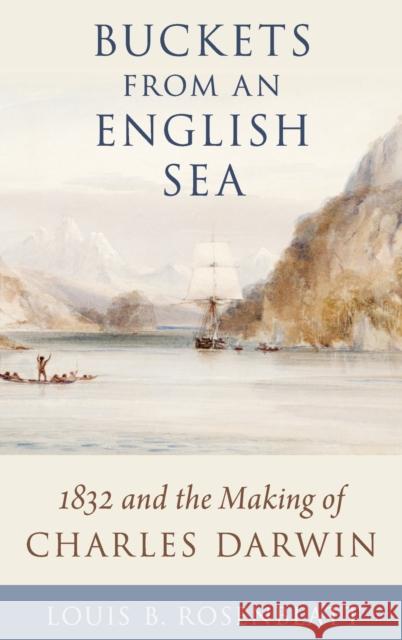Buckets from an English Sea: 1832 and the Making of Charles Darwin » książka
topmenu
Buckets from an English Sea: 1832 and the Making of Charles Darwin
ISBN-13: 9780190654405 / Angielski / Twarda / 2018 / 216 str.
Darwin did not discover evolution. He didn't trip over it on the way to somewhere else the way Columbus discovered the New World. Like the atom, planetary orbits, and so many other scientific constructs, evolution was invented in order to explain striking phenomena. And it has been most successful. A century and a half has not simply confirmed Darwin's work, it has linked evolution to the mechanisms of life on the molecular scale. It is what life does. Where Darwin had drawn his theories from forest and field, we now set them in the coiling and uncoiling of twists of DNA, linking where they might, with a host of molecular bits and pieces scurrying about.
Darwin, himself, however, has been a closed story. A century and a half of study of the man and his work, including close readings of his books, his notebooks and letters, and even the books he read, has led to a working appreciation of his genius. The 'success' of this account has, however, kept us from seeing several important issues: most notably, why did he pursue evolution in the first place? Buckets from an English Sea offers a new view of what inspired Darwin and provoked his work. Stunning events early in the voyage of the Beagle challenged his deeply held conviction that people are innately good. This study of 1832 highlights the resources available to the young Darwin as he worked to secure humanity's innate goodness.










